A woman suing Taylor Swift is asking Judge Aileen Cannon not to dismiss her case since she can't properly serve Swift with the lawsuit due to the megastar's Eras Tour.

Kimberly Marasco, the plaintiff accusing Swift of copyright infringement in Florida, has accused the "Shake It Off" singer of not properly giving her credit for lyrics and creative expression.
But Marasco's lawyers claim their client has not been able to physically find Swift to serve her with the legal papers as the pop-music icon wraps up her 1 1/2-year tour.
Swift's legal team has denied the claims and sought to dismiss the case multiple times.
Cannon, the judge who dismissed President-elect Donald Trump's classified documents case this year, previously told Marasco that she cannot notify Swift of the lawsuit through public means, like a billboard or magazine ad, and needs to do it in person.
Marasco had until November 19 to serve Swift but was not able to do so. She claims she tried to serve Swift at her Nashville home but was later informed that the superstar did not live there.
Marasco is now asking Cannon to issue an extension to serve Swift and asking to do so using "alternative methods" including publishing the notification in a public forum, like a newspaper on the court's website, or leaving the summons at Swift's Nashville office, or in her private mailbox in Hendersonville, Tennessee.
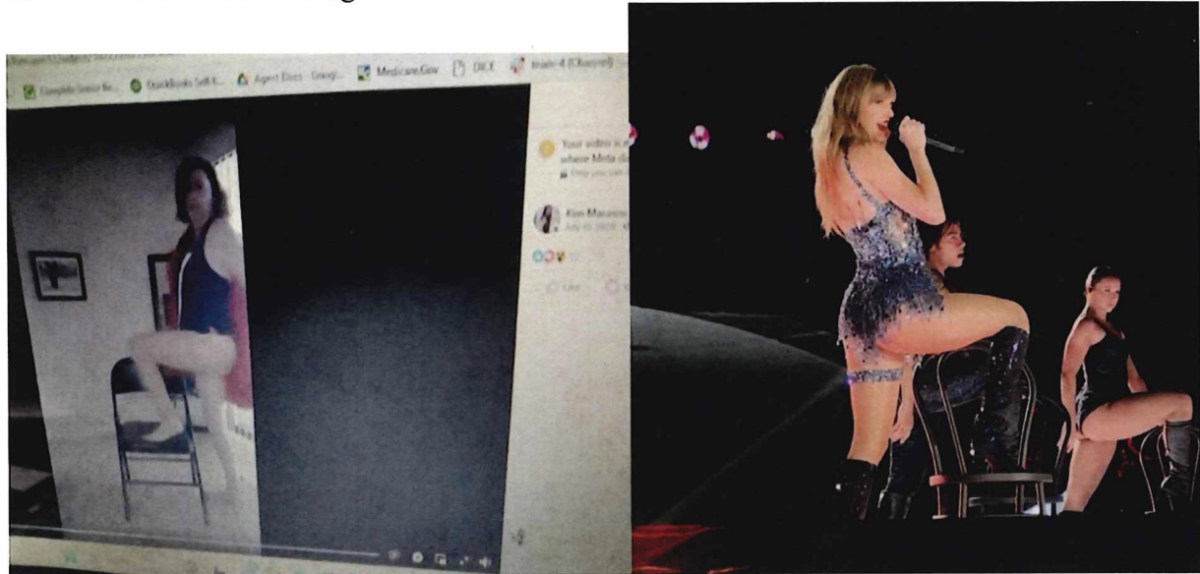
"Dismissal of the case at this stage would be unfair and waste judicial resources, especially since the plaintiff has made every effort to serve the defendant," Marasco's lawyers wrote in court documents filed on November 22.
"A practical next step would be to further investigate, or hire a private investigator, to confirm the defendant's (Swift's) residences and reattempt service at other locations if found."
Marasco intends to refile or appeal the decision if the case is dismissed, according to the documents.
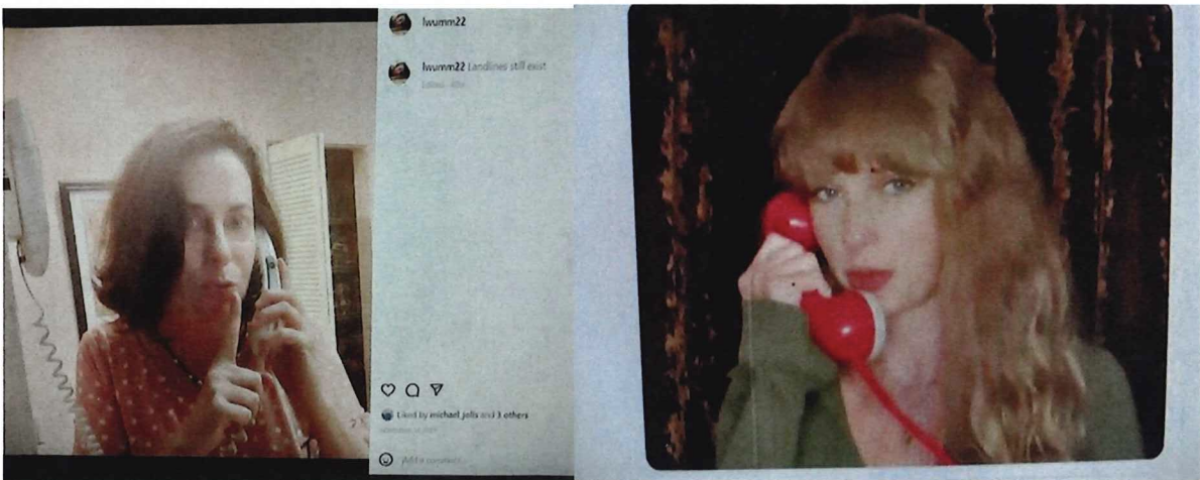
The last show of the Eras Tour is set for Vancouver on December 8. Newsweek has contacted lawyers for Marasco and Swift via email and also emailed Swift's representative for comment.
The case was originally brought to a small-claims court in April. "But because federal courts have exclusive jurisdiction over copyright cases, the case was removed to District Court. So a small, small claims case literally became a federal case because of the nature of the claim," former federal prosecutor Neama Rahmani told Newsweek in an email last week.
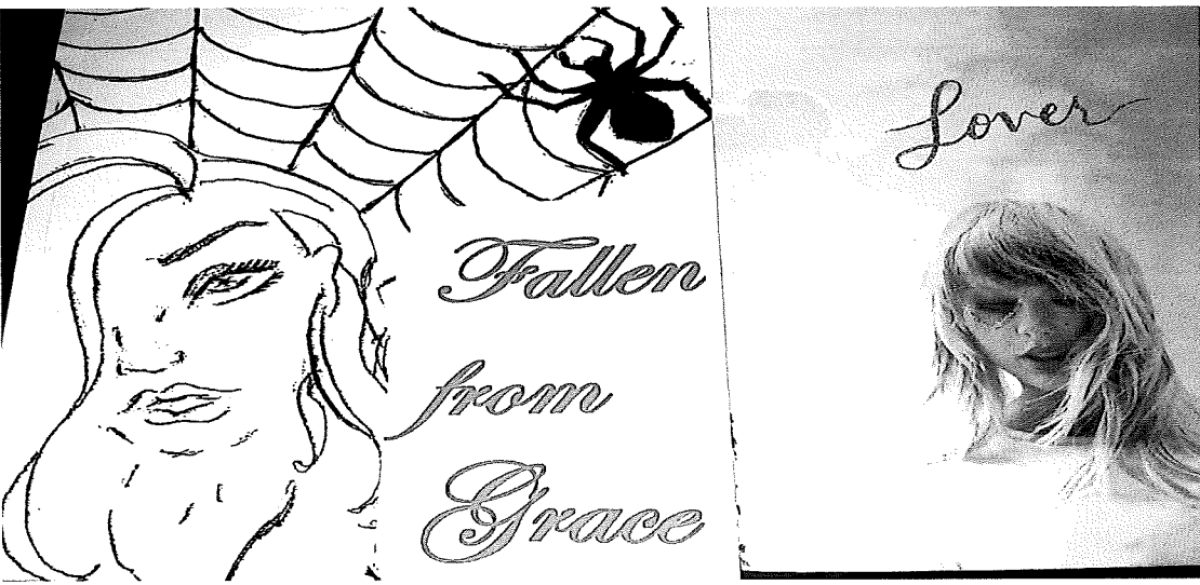
Musicians frequently face this type of lawsuit, and Swift, a top-selling artist, has encountered such claims several times.
"Superstars like Taylor Swift are often involved in copyright lawsuits," Rahmani said. "Their music is very valuable, so they have to sue others to protect it. But they're also targets for lawsuits because of how rich and famous they are."
Do you have a story Newsweek should be covering? Do you have any questions about this story? Contact LiveNews@newsweek.com.

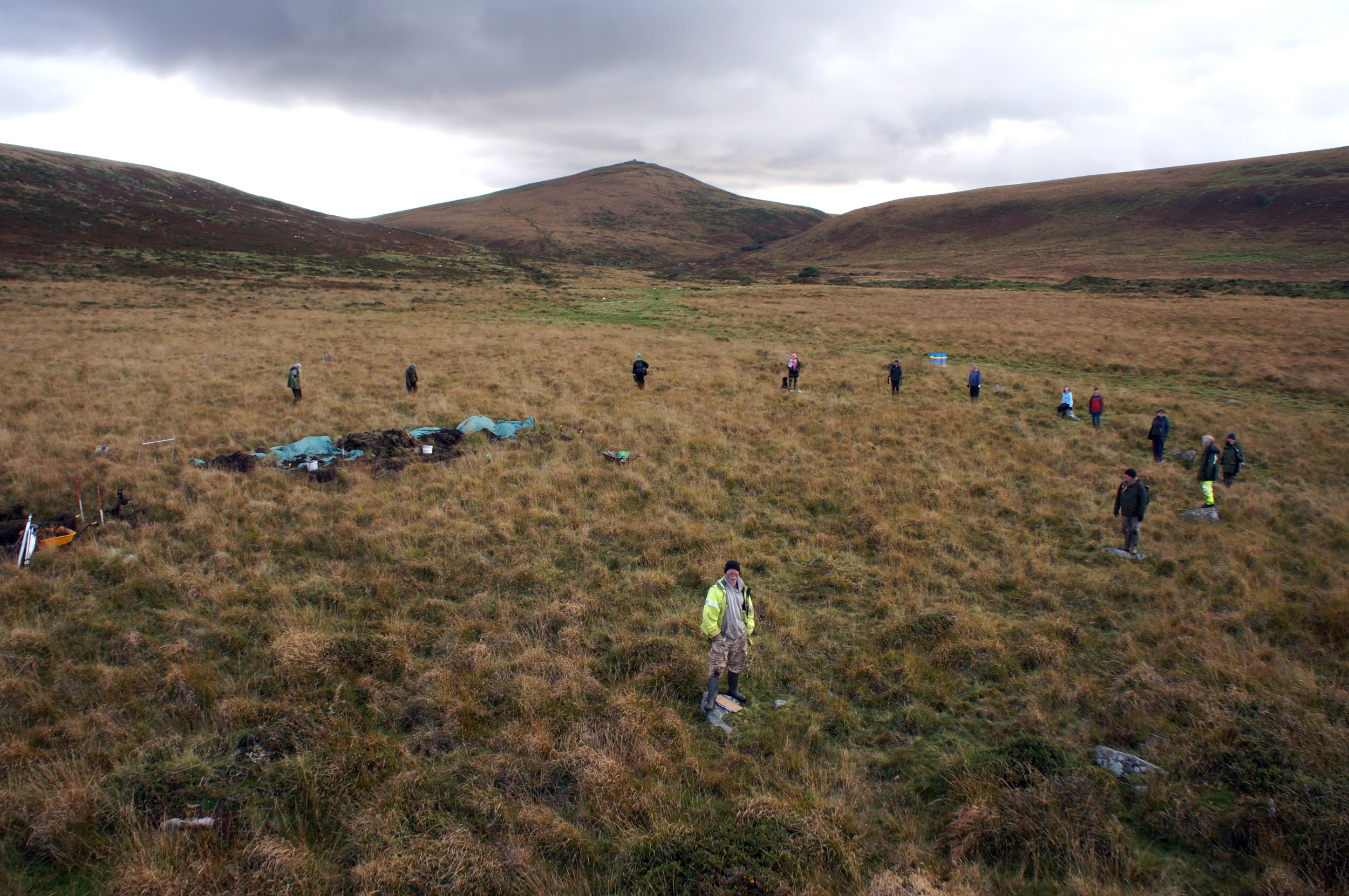



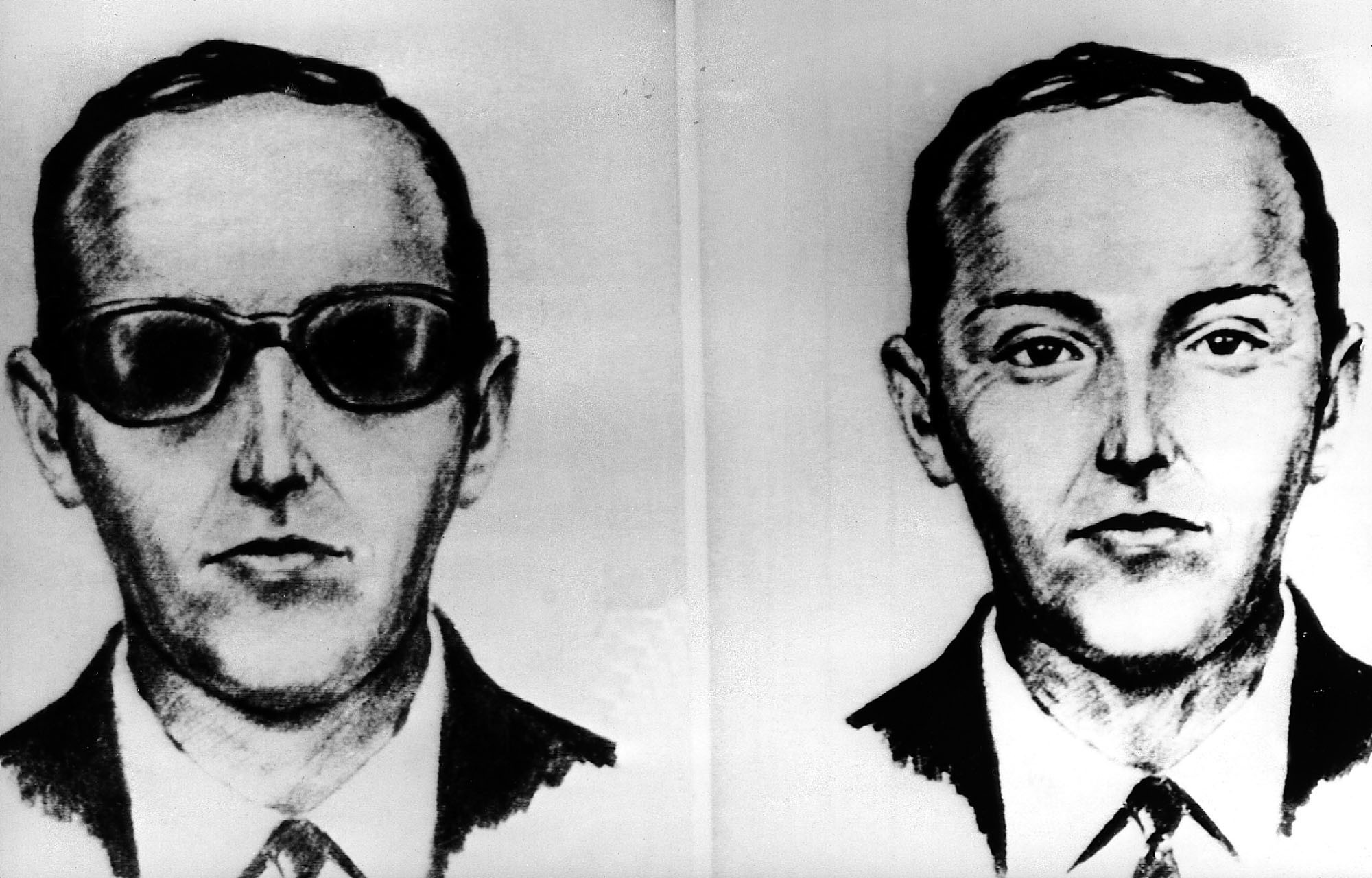

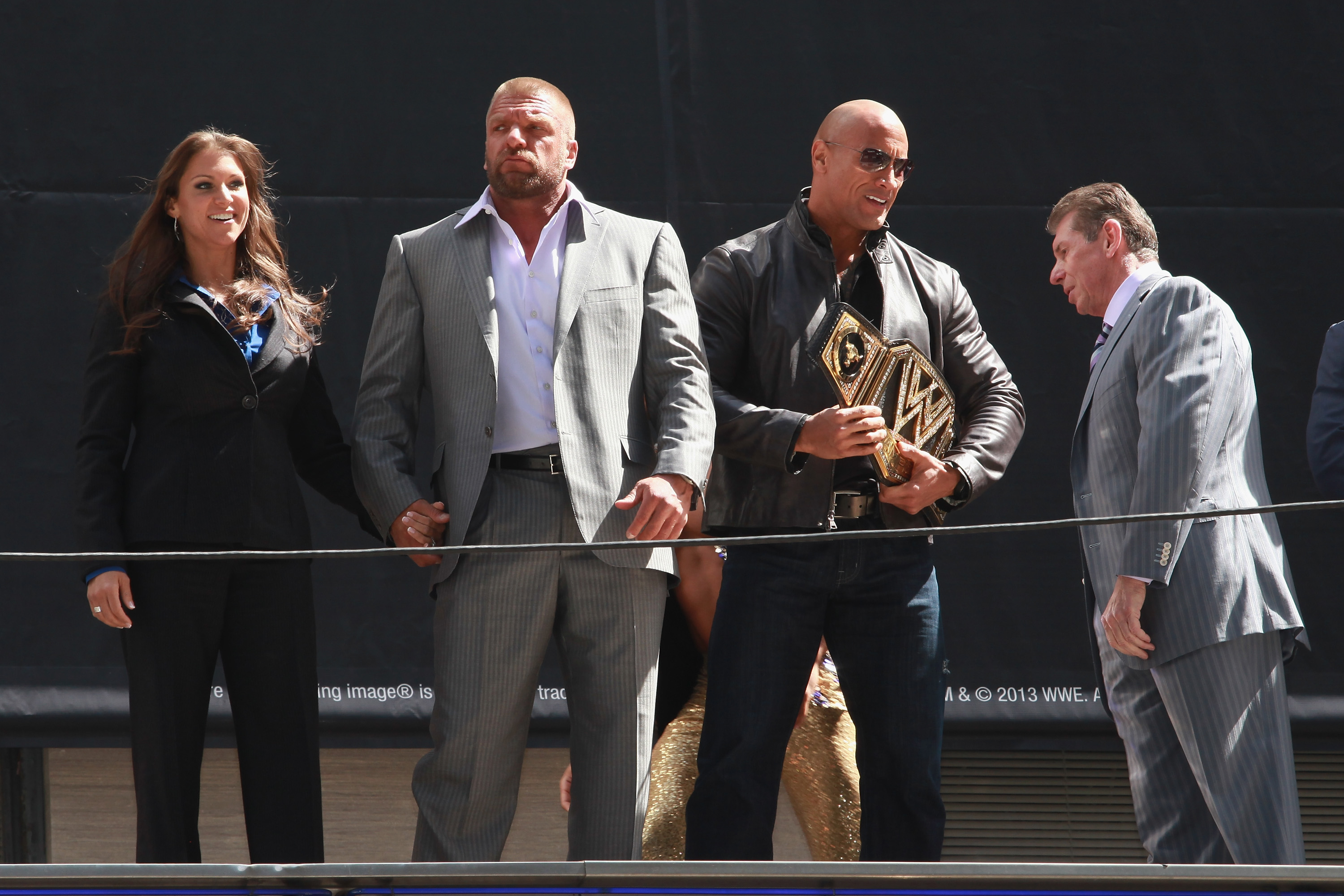


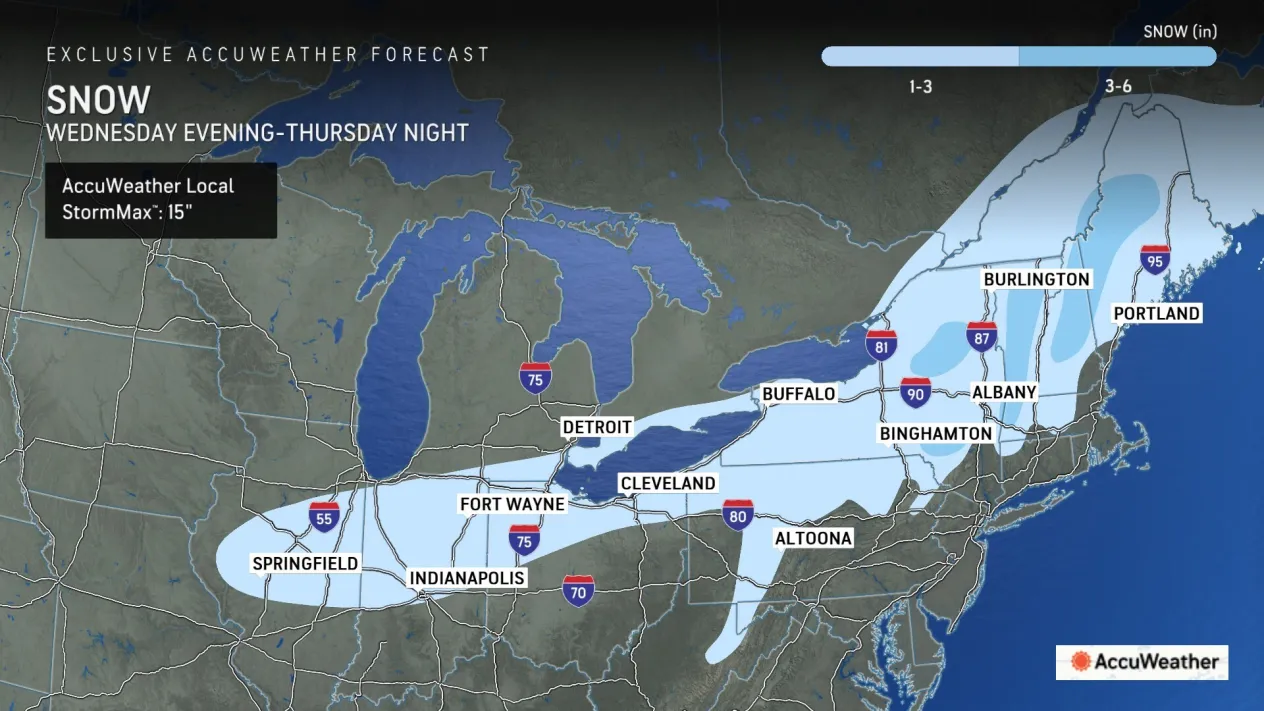








 English (US) ·
English (US) ·